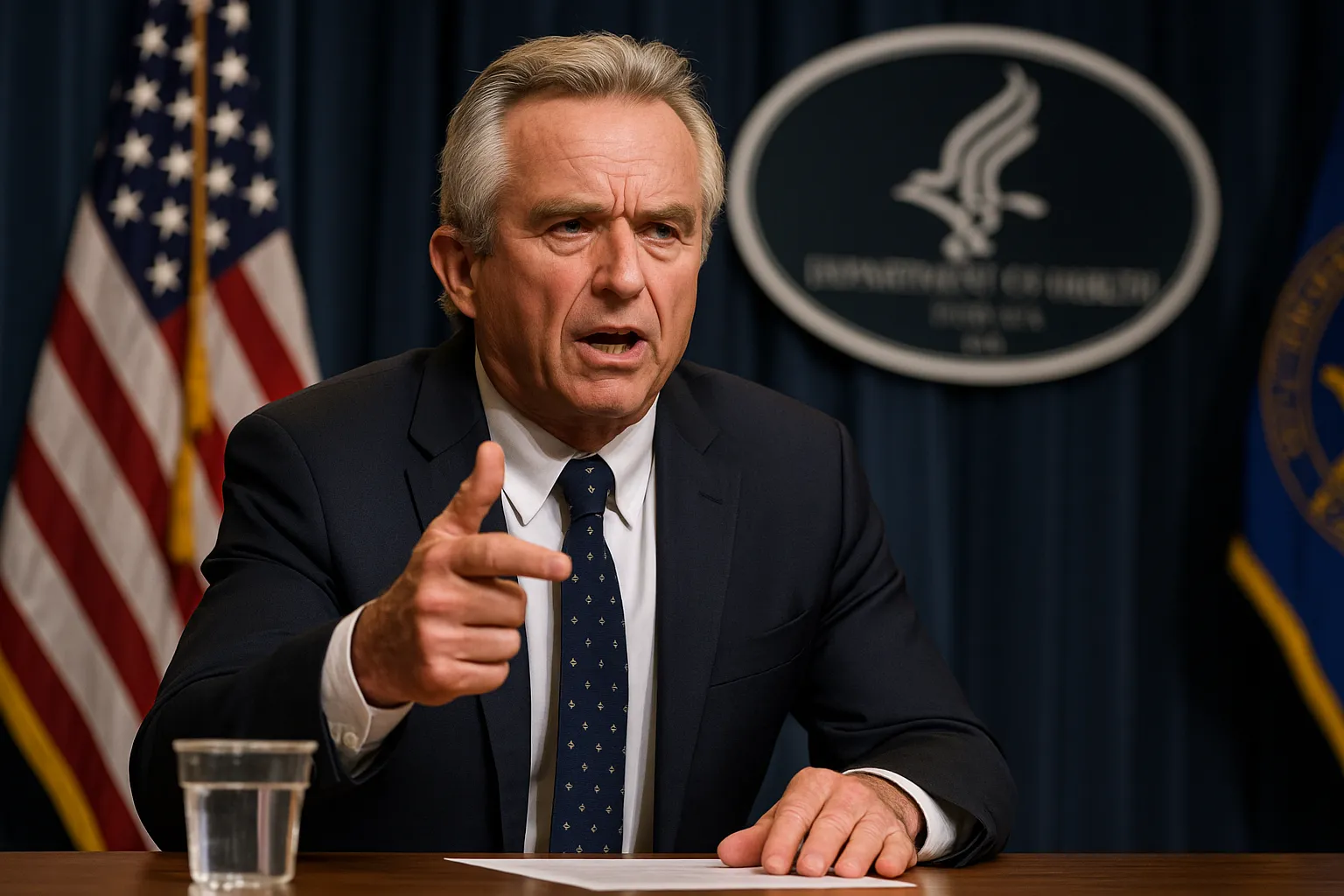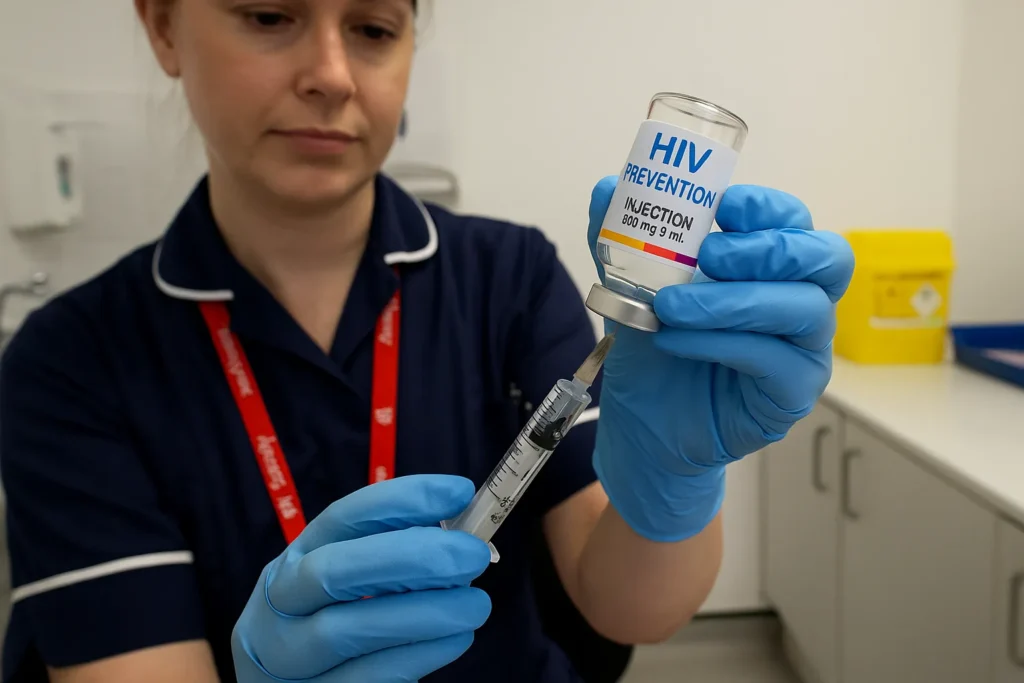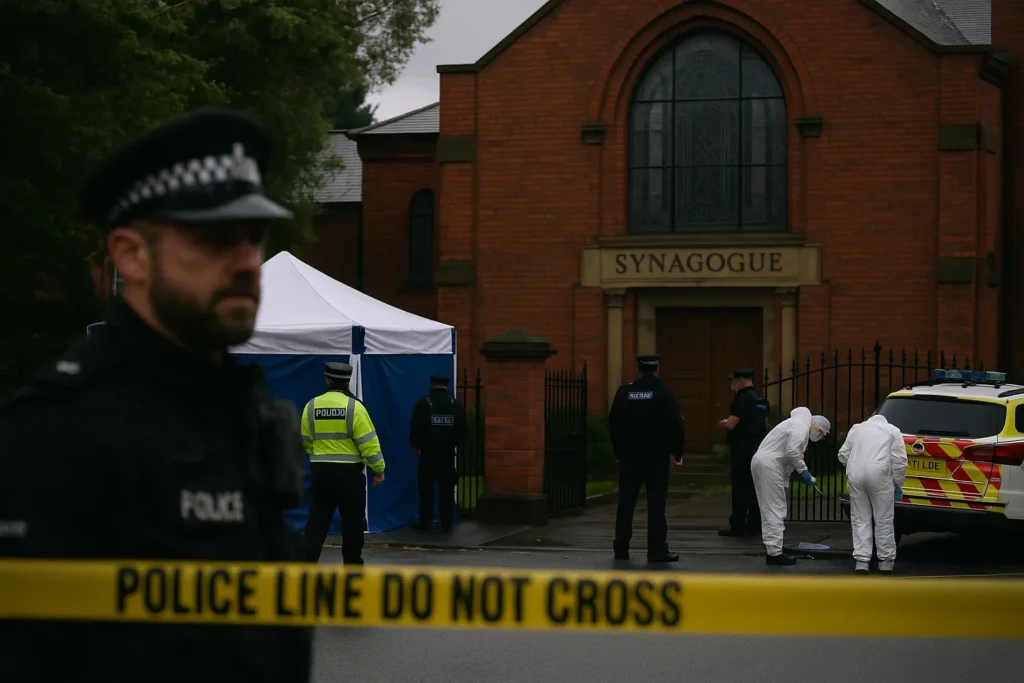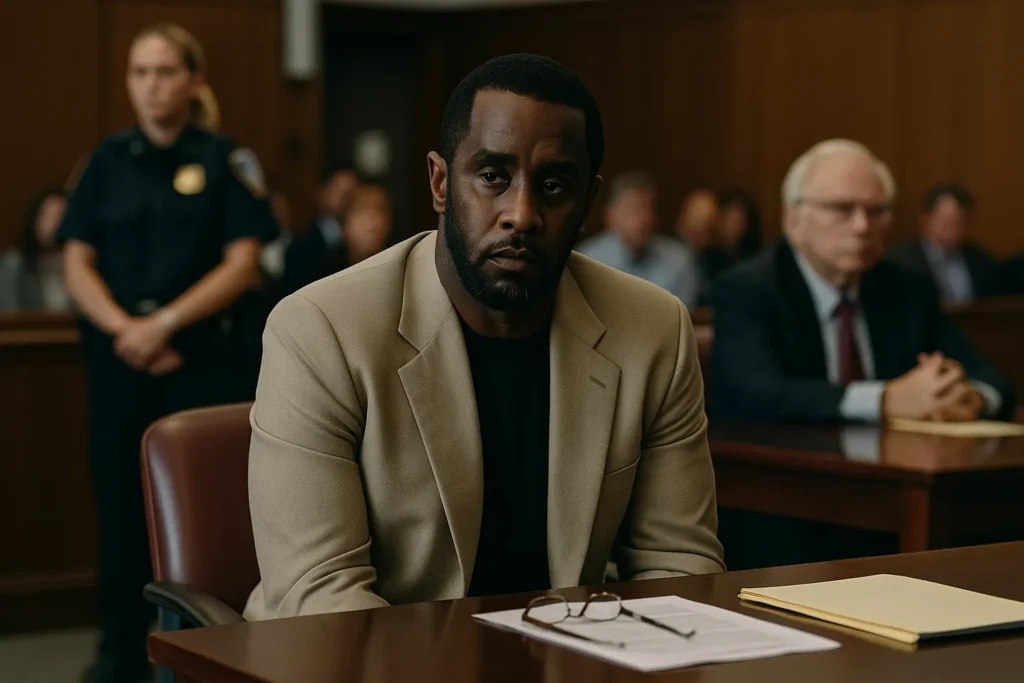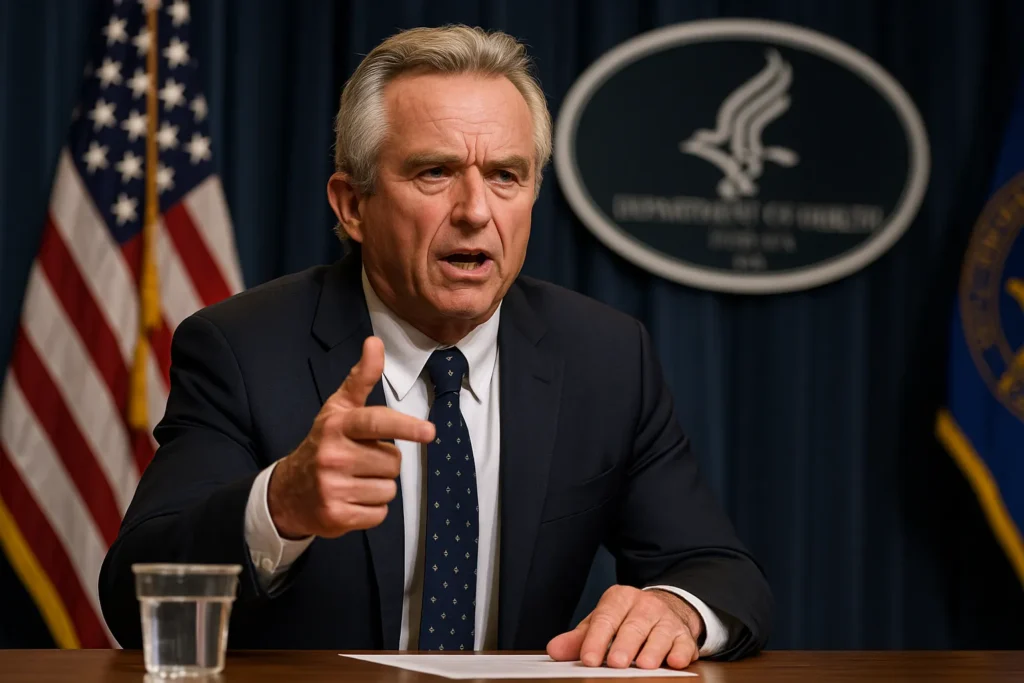The debate over vaccine safety has reignited with a sharp twist: the US Health Secretary is considering adding autism vaccine injury to the federal compensation program. This would expand eligibility for families who believe vaccines triggered autism symptoms in their children. It’s a move that strikes at the heart of one of the most controversial health debates of our time — and one that threatens to undermine already fragile public trust in science.
Context: The mainstream narrative
For decades, health authorities, from the Centers for Disease Control and Prevention (CDC) to the World Health Organization (WHO), have insisted there is no credible scientific link between vaccines and autism. Major studies repeatedly show no causal connection. The Vaccine Injury Compensation Program (VICP), established in 1986, currently covers rare adverse effects — seizures, paralysis, severe allergic reactions. Autism has never been on that list, precisely because the scientific consensus rejects the link.
Now, Secretary Kennedy is weighing a shift that would put autism-related symptoms on the official injury table. Proponents argue this acknowledges suffering families and ensures they have financial recourse. But critics see a dangerous concession to long-discredited narratives.
Oppositional Argument: A Trojan horse for distrust
Let’s be blunt: adding autism vaccine injury to the compensation program sends a signal that science is negotiable. It tells the public that political pressure — not evidence — determines health policy. Once you blur the line between fact and conspiracy, where does it stop?
The mainstream will insist this is about “compassion for families.” But compassion that erodes scientific clarity is not compassion — it is cowardice. Expanding eligibility may look like justice, yet it risks handing anti-vaccine activists their biggest victory in decades. And make no mistake: they will weaponize it.
Analytical Breakdown: The costs of blurring science
Consider the consequences.
- Public trust: If autism is suddenly listed as a vaccine injury, millions will conclude there must have been a cover-up. That belief will not only harm vaccination rates but also intensify polarization in public health debates.
- Legal precedent: Once compensation covers autism, trial lawyers will circle like vultures. Lawsuits against pharmaceutical companies will spike, threatening supply chains and vaccine innovation.
- Political opportunism: Kennedy is already known for courting the vaccine-skeptical crowd. Is this proposal science-driven or politically expedient? History suggests the latter. From tobacco to opioids, bending evidence to politics has always produced tragedy.
The irony is clear: instead of protecting families, this policy risks creating a larger wave of preventable illnesses.
Human Perspective: Families caught in the crossfire
Families of autistic children live with real struggles — therapies, financial strain, emotional exhaustion. Many turned to the vaccine theory because mainstream medicine offered no clear answers. They felt abandoned, dismissed, even mocked.
Adding autism to the compensation table may feel like validation. Yet it’s a hollow victory. It doesn’t cure, it doesn’t fund research, it doesn’t expand services. It merely shifts the battlefield — from medical research to courtroom litigation.
Meanwhile, parents trying to protect their children from measles or polio will now hesitate. They’ll ask: if the government itself says vaccines can cause autism, why risk it? The human cost will be measured in outbreaks, hospitalizations, and avoidable deaths.
Counterarguments
Supporters of the proposal argue it’s about fairness: if families believe harm occurred, they deserve access to funds. But fairness without truth corrodes society. Should compensation programs recognize every belief — no matter how unfounded? If tomorrow a lobby demands that 5G radiation be listed as a vaccine injury trigger, will that too be granted?
The counterarguments collapse under scrutiny. A government cannot both endorse science and codify pseudoscience. It must choose.
Conclusion: A dangerous precedent in the making
By even entertaining autism vaccine injury in the compensation program, Secretary Kennedy risks rewriting science by decree. It is a populist gambit dressed as compassion. The truth is harsher: this move could fracture public health policy, embolden conspiracy movements, and erode trust in institutions already on the brink.
This is not a fight about autism alone. It’s a fight about whether truth still matters in governance. If Kennedy caves to pressure, the losers won’t just be scientists. They’ll be the children left unprotected from diseases we once defeated.
External Links
58 views
